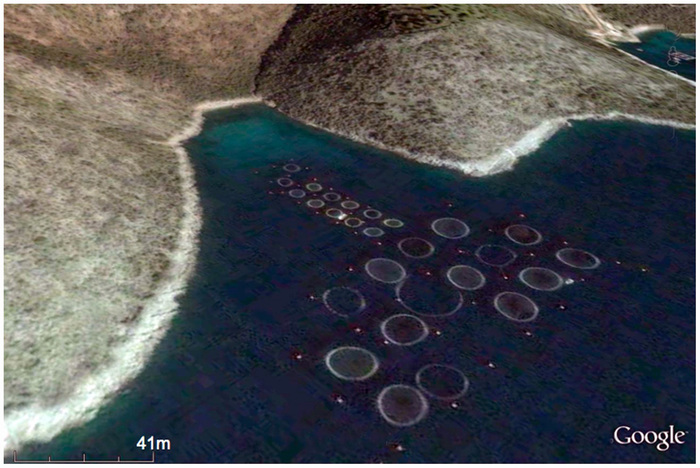In Italy, aquaculture production in 2021, including marine and freshwater fish, molluscs and crustaceans, is almost 146 thousand tonnes, exceeding the shares of Greece but below those of Spain and France.
A figure that fits into the European sector which, with over 1.1 million tonnes per year, represents a fundamental part of the world of fishing.
This is the picture that emerged from the research "Work in the mussel farming sector in Italy" presented today and promoted by Fai-Cisl, Fondazione Fai-Cisl Studi e Ricerche and Masaf.
A study that delves into regional and territorial models, analyzing potential growth and critical issues.
"We have very different Italian production realities - said Ludovico Ferro, scientific director of the Foundation - in Liguria, for example, above all semi-artisanal ones, while in the more industrial Marche, there are various mixes of tradition and innovation, with family businesses and other more structured ones, with a total esteem for mussel farming there are 450 companies and 4 thousand employees, to which must be added a thousand seasonal workers and an associated sector of 550 other workers in the marketing and maintenance of boats and systems".
Lido di Venezia, Pellestrina, Chioggia, Scardovari and Pila, then Goro, Cattolica, Civitanova Marche, Porto San Giorgio, LaSpezia and Taranto are the birthplaces of mussel farming, among the most affected due to environmental, organizational and production critical issues.
"What the analyzed realities have in common - said Ferro - are climate changes, predators, such as sea bream or the blue crab, and competition that is not always fair in terms of imports, but above all the lack of manpower: even where mussel farming is strongly rooted in local traditions, to which is added the lack of generational turnover; ninthly, in Emilia Romagna and other Marche there is a high presence of workers of foreign origin".
".
Reproduction reserved © Copyright ANSA

